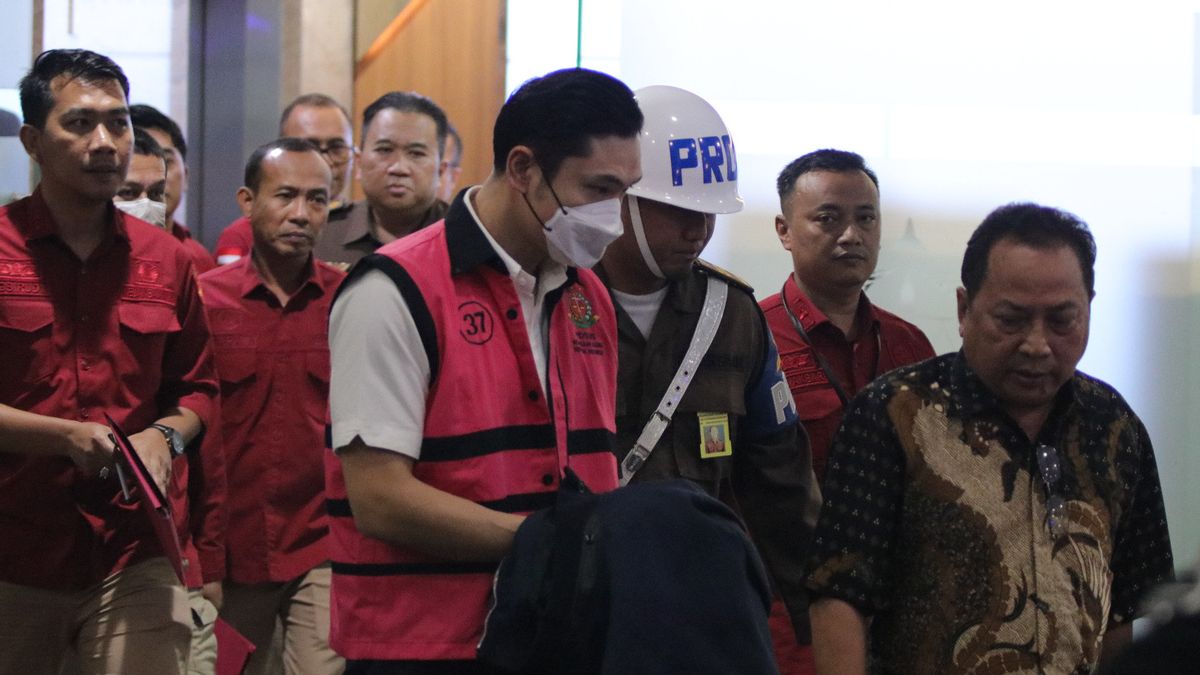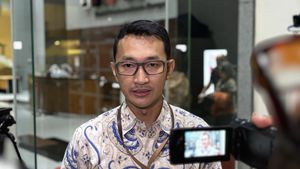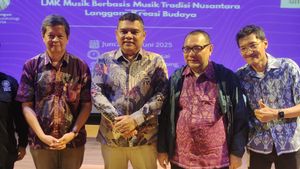The Attorney General's Office (AGO) is considered wrong in naming five corporate suspects in the alleged corruption case in the management of tin commodity trading in the mining business permit (IUP) area of PT Timah Tbk.
Criminal law expert Chairul Huda said that the mistake in the process of determining the suspect was because the five companies had not been proven to have damaged the environment, which was calculated as state financial losses of Rp300 trillion.
The five corporations are PT Refined Bangka Tin (RBT), PT Stanindo Inti Perkasa (SIP), PT Sarijuna Bina Sentosa (SBS), Tinindo Inter Nusa (TIN), and CV Venus Inti Perkasa (VIP).
"When it comes to the question, it could be (the determination of the suspect, he (the AGO) has the authority to do that, but normatively it's not true," said Chairul Huda, Friday, December 3.
So far, the value of state financial losses from tin corruption cases calculated by the Financial and Development Supervisory Agency (BPKP) has reached Rp300 trillion. However, said Chairul, this figure could not be proven in court.
Meanwhile, in determining the suspects of five corporations, the AGO has determined the charge of environmental damage to each of these companies in different amounts.
For PT RBT of Rp38 trillion, PT SB Rp23.6 trillion, PT SIP Rp24.1 trillion, PT TIN Rp23.6 trillion, and CV VIP Rp42 trillion.
I think Rp300 trillion, where is Rp300 trillion? The name Rp300 trillion is not proven. Because it is not proven that while he is already busy covering up suspects from these companies," he said.
Thus, Chairul Huda believes that the AGO failed to prove the state's loss behind mining activities in the Bangka Belitung Islands. As a result, this government institution must determine a company that is considered to be part of a tin corruption case.
"So this is a manifestation of the failure of the AGO which they (have not) proven the value of the losses that have been heralded so far, in the case it seems that it is Rp. 300 trillion," he said
In fact, the AGO's move is seen as a way so that the assets that have been confiscated are not returned to those who have been confiscated.
"Yes, it's actually not justified, this shows that the Attorney General's methods, right, because he saw the court results against the individual defendants, not as they expected," he said.
"So look for ways to then goods, the money you want can not be returned to the parties from which the goods were confiscated," he continued.
SEE ALSO:
The status of the suspect who is pinned by the AGO to five corporations can have a negative impact on state revenues. Huda noted that taxes that are usually received by the state from five companies will decrease because they do not operate or decrease productivity.
"Don't let the law against corporations cause greater economic losses. This is not understood by the Prosecutor's Office," said Chairul.
The English, Chinese, Japanese, Arabic, and French versions are automatically generated by the AI. So there may still be inaccuracies in translating, please always see Indonesian as our main language. (system supported by DigitalSiber.id)
















